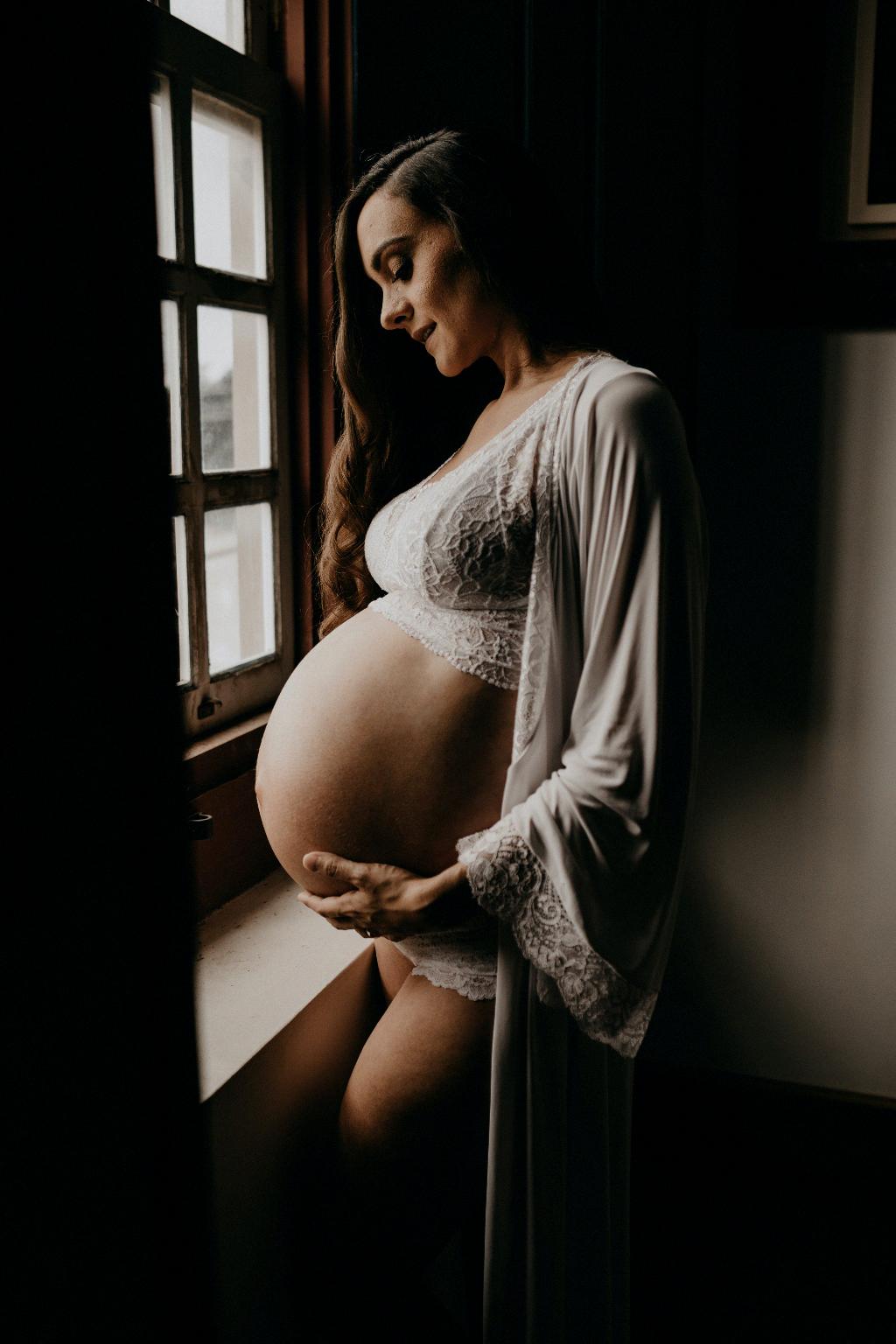One of the burning questions many individuals have when it comes to early pregnancy detection is, “Can pregnancy be detected after 15 days?” The answer to this question is not as straightforward as one might think, as the timing of when a pregnancy test can accurately detect the presence of hCG (human chorionic gonadotropin) in the body plays a crucial role in determining the test’s reliability.
Typically, the earliest that most pregnancy tests can detect a pregnancy is around the time of a missed menstrual cycle, which is often approximately 8 to 15 days after conception. At this point, the levels of hCG in the body should be substantial enough for the test to provide an accurate result.
However, it is essential to note that the sensitivity of the test also plays a significant role in its ability to detect pregnancy early on. Some tests are more sensitive than others and can detect lower levels of hCG. This means that some individuals may be able to get a positive result earlier than others, even before the 15-day mark.
Despite the possibilities of detecting pregnancy after 15 days, it is essential to understand that not all tests are created equal. Some tests may be more reliable and accurate than others, leading to varying results depending on the brand and sensitivity of the test. It is crucial to read the instructions carefully and choose a reliable test to ensure accurate results.
In some cases, individuals may find that even after 15 days, the pregnancy test still shows a negative result. This could be due to various factors, such as the timing of conception, the individual’s hormone levels, or the sensitivity of the test. In such situations, it may be advisable to wait a few more days before retesting to ensure more accurate results.
It’s important to keep in mind that every person’s body is different, and factors such as hormone levels, implantation timing, and individual variations can all affect the accuracy of a pregnancy test. While some may be able to detect pregnancy after 15 days, others may need to wait a bit longer for accurate results.
Another essential aspect to consider when trying to determine pregnancy after 15 days is the timing of ovulation and conception. Since sperm can survive in the female reproductive tract for several days, the exact timing of conception can vary, affecting when the hCG levels rise and become detectable by a pregnancy test.
Moreover, implantation of the fertilized egg into the uterine lining can occur around 6-12 days after conception. This process triggers the release of hCG into the body, marking the beginning of pregnancy. Therefore, if implantation occurs later than expected, it may take longer for hCG levels to reach detectable levels.
It’s crucial for individuals to be patient and understanding during the process of early pregnancy detection. While the anticipation and excitement of finding out whether one is pregnant can be overwhelming, it’s essential to remember that each person’s body works differently, and the timing of when a pregnancy test can accurately detect pregnancy can vary.
In conclusion, the question of whether pregnancy can be detected after 15 days is not a simple yes or no answer. While some individuals may be able to get an accurate result around this time frame, others may need to wait longer for reliable results. Factors such as test sensitivity, timing of conception, and individual hormone levels all play a significant role in determining when a pregnancy test can accurately detect pregnancy.
Ultimately, it’s advisable to follow the instructions provided with the pregnancy test, choose a reliable brand with good sensitivity, and be patient during the testing process. If there are any doubts or concerns about the results, it’s always best to consult a healthcare provider for further guidance and support.

